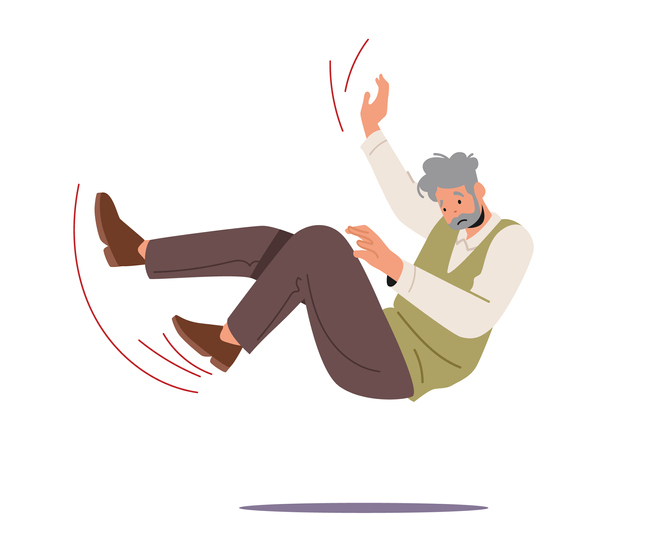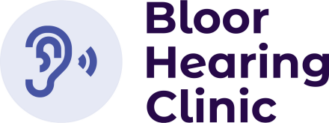Falls


FAQ
An audiologist's formative education is a Master’s or Doctoral degree. They are regulated by the College of Audiologists and Speech-Language Pathologists of Ontario (CASLPO). Audiologist’s scope of practice includes diagnosing and treating of hearing loss for adults and children, prescribing and dispensing hearing aids, cerumen management (ear wax removal), and diagnosing and treatment of vestibular balance issues. They work in various settings such as hospital, private practices or University research programs.
Hearing instrument specialists complete a program offered by a college and offer adult hearing tests and hearing aid dispensing. They are represented by an association, but not regulated by a college. The difference between the two is an association represent members’ interests while a regulatory college represents the public’s interests.
OHIP no longer cover ear wax removal. Fee for ear wax removal is $95. If after otoscopy we discover there is no wax the fee is $45 for the office visit. Wax removal, also known as cerumen management is often performed by a health care professional that is trained in the procedure. For instance an otolaryngologist, ear nose and throat (ENT) doctors, audiologists, or hearing instrument specialists.
| Hearing Test (Over 50) | $50 |
| Hearing Test (Under 50) | $90 |
| Pediatric Hearing Test (Under 18) | $110 |
| Industrial Hearing Test (i.e. Toronto Police) | $125 |
| Ear Wax removal | $95 |
| Office Visit | $45 |
| Tinnitus consultation | $90 |
| Custom Ear plugs (sleep, noise, musician) | $270-$375 |
Hearing aid prices depend on the type of hearing aids a patient chooses after a complete hearing test and assessment. The price of the hearing aid also includes 3 years manufacture warranty, 2 years loss and damage warranty, and 4 years of in clinic services. Bloor Hearing clinic also carry products for itchy ears, drops to emulsify ear wax, we offer custom ear protection, tinnitus consultation and other audiology related services. Chat with us to learn about our offerings.
Although some audiologists completed a clinical doctoral degree, audiologist are not medical doctors. Audiologists have a master’s and/or doctoral degree and are regulated health professionals governed by the College of Audiologists and Speech-Language Pathologists of Ontario.
Audiologist’s scope of practice includes diagnosing and treating of hearing loss for adults and pediatric patients, recommend and program hearing aids, cerumen management (ear wax removal), and diagnosing and treatment of vestibular balance issues. They work in various settings such as hospital, private practices, or University research programs.
OHIP covers hearing aids to some extend. The Assistive Device Program (ADP) covers up to $1000 ($500 per ear) every 3-5 years. Bloor hearing clinic will handle all application paperwork for patients to access funding so patients do not need to pay this amount when purchasing the hearing aids. We will work with you to find the best suited hearing aids for your lifestyle and budget, and offer flexible payment plans.
OHIP does not cover hearing tests or ear wax removal in audiology clinics. The good news is most insurance with work or private insurance plans do cover audiology services and our clinic will provide patients with a detailed invoice for insurance claim. We can also help you find our what your coverage is.
Ear wax removal may be uncomfortable, but should not be painful. Properly softened and emulsified wax can be removed easily and without pain. In some cases of severe blockage such as earwax impaction, patients may feel discomfort.
To experience the least discomfort during earwax removal, we recommend patients to soften the earwax at home with oil or special drops that we carry in the clinic. This will ensure a painless procedure at the clinic. Our audiologist is very experienced and have dealt with removal of impacted wax and deeply lodged foreign objects such as bracelet bead (the things you find in a child’s ears)!
